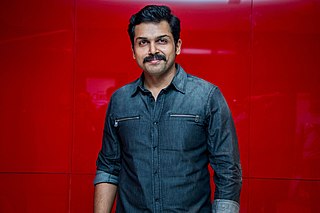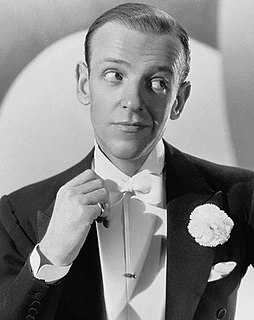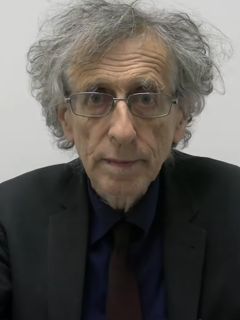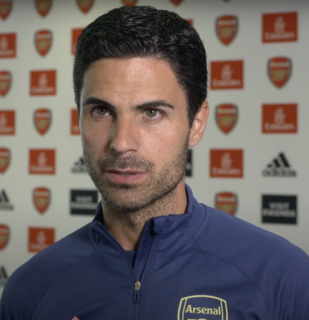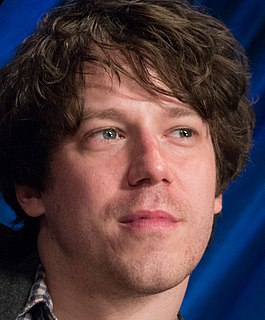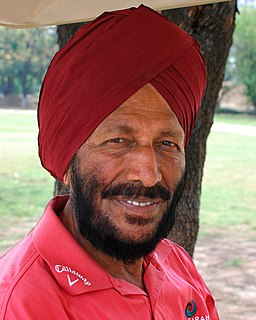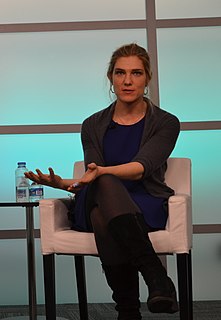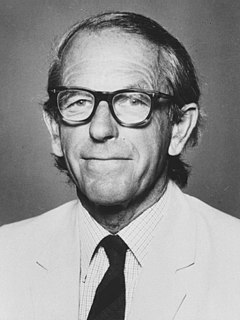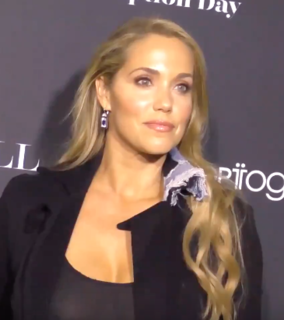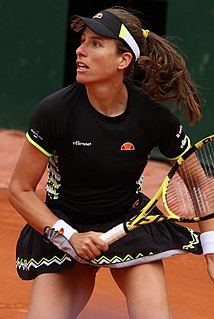A Quote by Shakti Mohan
After winning 'DID,' I went to London for an advanced dance course.
Related Quotes
I gained a first class degree in Physics at Imperial College London in 1968 and did research in solid state physics, but did not pursue meteorology matters until gaining an M.Sc. in astrophysics from Queen Mary College London in 1981, after which I investigated and attempted to construct theories of solar activity.

